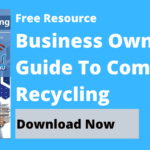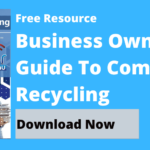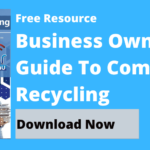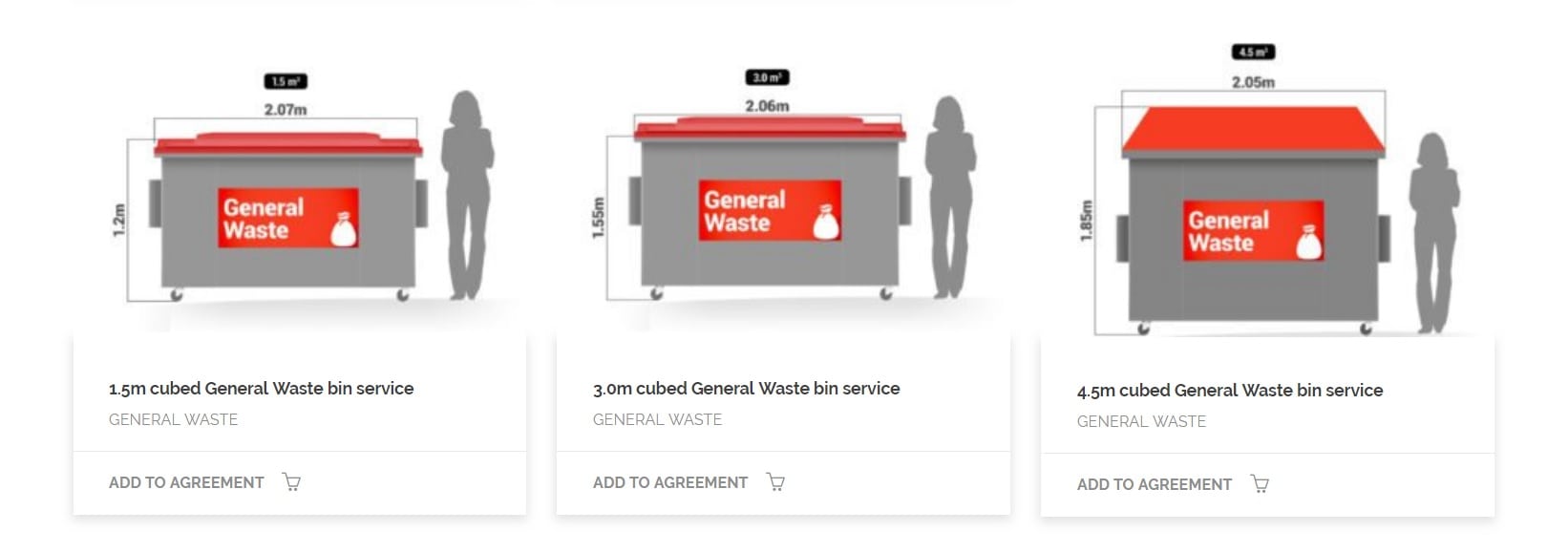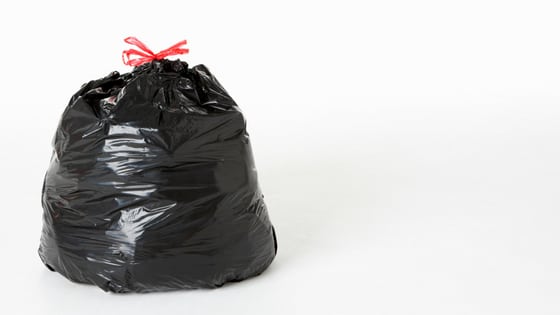Chemical Waste Recycling 🧪 – Recycling Plastic Waste
Energy Disrupter
Chemical Waste Recycling 🧪: I have a question for you, are we really winning the war on single-use plastics?
What do you think? Well, I don’t believe we are… yet.
Bad news keep coming around, after all. I, for one, would not want to wait until some news I read states that there is more plastic in the sea than fish.
>Download Now: Free PDF Business Owners Guide To Commingled Recycling Bin Services
Just this October, The Guardian reported that the cost of recycled materials in Europe rose to significant heights. In fact, it totalled to roughly about $250 million a year.
What more can be done to fight off or at least reduce plastic waste? Do you consider banning of single-use plastic as a viable option? Given these points, are the environmental companies doing enough against the war on single-use plastics?
Forgive me for the never-ending questions, but they are questions worth asking, after all. Might we unlock a plastic-free environment in Australia? In fact, maybe we can, with the help of chemical waste recycling. What kind of plastic recycling option does it offer?
Let us discuss further. But first, see our blog on fridge recycling and tell us what you think.
A bit about Waster
Having trouble managing your rubbish? Let Waster help you with that!
Waster caters to small and medium businesses across Australia with high-quality waste management services requiring NO lock-in contracts, no unjustified rate increases and no hidden costs.
Waster is here to help you with the chemical waste recycling process!
Click on the blue button to learn more.
Now, let us continue with the blog.
All you need to know about chemical recycling
First of all, have you encountered the term chemical recycling? Yes or no? If the latter applies to you, then below, we cover its meaning.
Definition
Basically, we use the term chemical recycling to describe the latest developed technology that can combat plastic waste by recycling them. Plastic recycling’s possibility varies depending on its type, after all, which means that we can easily recycle some while others, unfortunately, we cannot. Chemical recycling provides strong options to deal with plastic.
What better way to fight off plastic pollution than to chemically recycle polymers, am I right?
Just this year, GreenBiz released an article where it stated the 5 things you need to know about chemical recycling.
Let me discuss and interpret them for you.
- There are different methods of chemical recycling – diverse processes and technologies exist around the Earth that caters to the transformation of plastic waste into new materials. With this in mind, three types include purification, decomposition, and conversion.
- It has a couple of names depending on the framework – “Chemical recycling” is a broad term. Though existing programmes (on chemical recycling) differs from one another, organisations and industries alike call for efforts to create common frameworks and definitions to understand more how these existing technologies can apply to different supply chains and waste streams.
- Brands support these types of technology and even invest in them – Big-name brands like Adidas, Unilever, P&G, Danone and Interface signed agreements with chemical recycling start-ups to support their programmes.
- Technologies take time – GreenBiz stated that it takes 17 years on average for technologies like these to finish and go into the commercialisation stage. By 2025, expect many of these “transformational technologies” to blossom into its final stages and increase recycling rate as a result.
- People need to work hand-in-hand with technology – Technologies alone won’t fix our problems on the lingering plastic pollution. Furthermore, technical breakthroughs, scalable business models, flexible technology platforms, and market incentives go hand-in-hand together to solve it.
Chemical waste recycling: advanced recycling
Since the rise of plastic pollution, people have been finding ways to fight them off.
As a result, they came up with advanced recycling.
[embedded content]
You might be thinking, “What is advanced recycling?” Let me discuss it for you.
All in all, advanced plastic recycling involves 3 main processes, namely: chemical recycling, pyrolysis, and gasification.
I will discuss them one by one.
- Chemical recycling – a process which chemically reduces a polymer to its original monomer form so that it can be re-polymerized into a new plastic material that eventually transforms into a new product.
- Pyrolysis – also called “plastics to fuel”, turns non-recycled plastics from garbage into synthetic crude oil that can be processed into diesel fuel, gasoline, heating oil, or waxes.
- Gasification – transforms non-recycled garbage into synthesis gas, or also called “syngas”.
Cat-HTR
At the present time, a breakthrough technology that converts plastic into synthetic oil or biocrude hit the recycling industries just this year.
The technology called Catalytic Hydrothermal Reactor (or Cat-HTR) was implemented in 80 plants all throughout Australia, with future plans of implementing it in the UK and Canada.


Additionally, recycling chemical waste with this technology proves to be easier as it only takes 20 minutes for the technology to chemically process plastic waste.
Developed by Dr Len Humphreys and Professor Thomas Maschmeyer, they spent several years in order to perfect their craft and bring the CAT-HTR technology into commercialisation.
The process involves using hydrothermal upgrading. To add, the process saves 1.409 tonnes of carbon dioxide.
Notable quotes from Dr Humphreys include:
“And once you’ve recycled a plastic bottle two or three times, that plastic starts to degrade.”
“As it degrades, it can no longer be physically recycled.”
“What we can do is, we can chemically recycle that back into oil to be made into new plastics – the next generation of plastic bottles.”
“We don’t need to be scared of fossil oil – there’s nothing wrong with plastics… the problem is we throw it all away.”
“So we just need to look at it in a different way – it’s a resource and something we can use again and again.”
As opposed to waste incineration, pyrolysis, and gasification, the Cat-HTR offers a much more environmentally friendly approach.
Chemical waste recycling: ChemCycling
BASF recently developed an innovative technology that promotes recycling.
Called ChemCycling, it aims to “manufacture products from chemically recycled plastic waste on an industrial scale”.
Currently, it has 6 steps.
First, waste companies supply recyclers with plastic waste. Then after the supplying of plastic waste, they turn it into feedstock.
Next, the feedstock can then be converted into all kinds of chemicals and products, including new plastics.
[embedded content]
After that, it is bought by participating customers to use in their own products. In turn, consumers and companies utilise and dispose of the products.
Lastly, waste companies like Waster collect the waste and give them to recyclers; therefore, starting the process again.
Waster: your partner in waste management
As a company dedicated to fighting off waste, we offer our services to you!
Take a look at our waste recycling shop here to avail the most suitable waste management service for you.
Call 1300 WASTER (1300 927 837) or enquire at [email protected] now.








